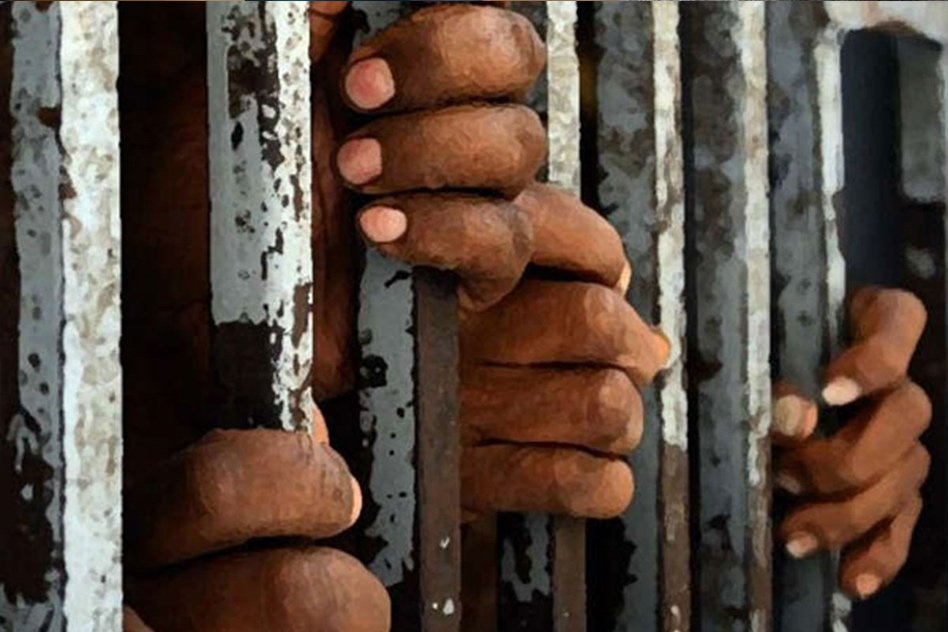News Source: business-standard, ndtv | Image Source: TheWire
After the huge public outcry and emotional outrage, Rajya Sabha today passed the Juvenile Justice Bill.
Important takeaways from today passage of bill in the parliament:
1. Public pressure worked after months and united the parliamentarians to seat in Rajya Sabha to pass the Juvenile Justice bill.
2.The Juvenile Justice (Care and Protection of Children) Amendment Bill 2015 was introduced in Parliament last year after huge public outrage as because one of the rapists in Jyoti Singh’s case was a few months short of 18 yrs, which forced the court to release him after minimum punishment.
3. The bill was passed by the Lok Sabha in May and now it needs President’s assent to become law.
4.Nirbhaya’s parents were also present in the Rajya Sabha while lawmakers debated and discussed the bill.
5. Congress and the Trinamool Congress who till last week had demanded that this crucial bill be sent to a select committee withdrew their demand, while the Left parties, the Samajwadi Party, the NCP, DMK, the AIADMK persisted in the demand and Left parties led by Sitaram Yechury walks out of Rajya Sabha after Deputy Chairperson PJ Kurien refuses to entertain their request of sending the bill to select committee.
6. The bill allows a juvenile of 16 years or older to be tried as an adult and the decision will be taken by the Juvenile Justice board, which will have a judicial magistrate and two social workers as members. If the board decides against it, the juvenile will be sent for rehabilitation.
7. Justice Board will first decide whether crime, was “child-like” or was committed in “adult frame of mind”.
8. India is a signatory to the UN Convention on the Rights of the Child which mandates that all children under the age of 18 years be treated equal. The pending bill has been criticised for violation of the Convention.
9. JD(U)’s Kehkeshen Parveen who was also a former Bihar women commission chief wanted to know how the government despite being a signatory to the UN Charter of Rights of the Child was reducing the age of juvenile criminality from 18 to 16 years. Rather than enacting a law she urged the government to focus on education, prevention and bridging the disparities in society.











